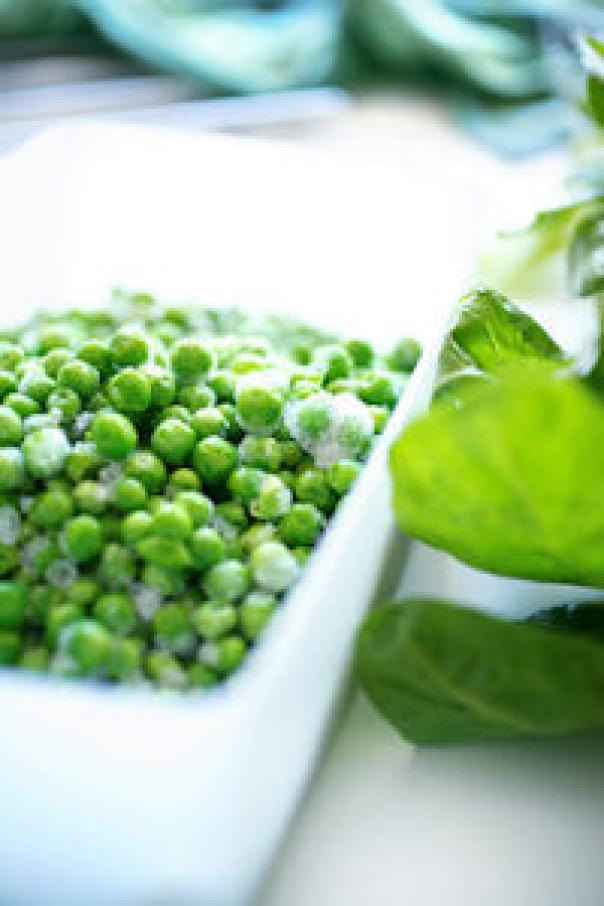
Assessing a range of carbon emissions - from post-harvest or slaughter to consumption by the consumer – researchers found that a frozen meal for a family of four produced 5% less CO2 than its identical chilled counterpart.
As a result of this, researchers believe that frozen could contribute towards reducing the CO2 output of the food industry in the future.
Conducted by Bristol-based Refrigeration Developments and Testing Ltd and titled ‘Carbon Emissions from Chilled and Frozen Cold Chains’, the report calculated the carbon dioxide equivalent (CO2) for a typical British Sunday roast meal for four people.
An analysis of the emissions from chicken, peas, carrots, and roast potato ‘cold chains’ from more than 40 academic papers was carried out, comparing the following energy sources:
* Primary food processing
* Transport and storage
* Retail storage
* Storage in the home
* Refrigerant loss throughout the cold chain
* Consumer transport (from supermarket to home)
* Consumer meal preparation and cooking
* Processing and consumer food waste
Emissions from all sources considered in the study calculated that a chilled meal for four persons was equivalent to 6.546kg CO2e compared to a frozen meal for four at only 6.329kg CO2e. Across all of food types tested, all but one frozen product had lower CO2e than its chilled counterpart.
Author Judith Evans, Fellow of the Institute of Refrigeration and lead researcher on the study said: “This report goes some way to debunking the commonly held assumption that producing, storing and consuming frozen food is more energy intensive than chilled products.
“A thorough and rigorous review of the scientific evidence found, within the boundaries considered, frozen to be less CO2 intensive - especially when considering carbon dioxide produced from waste.”
Brian Young, director general of British Frozen Food Federation said: “For a long time frozen has been seen as a ‘poor relation’ to chilled in terms of quality, nutrition and environmental friendliness.
“Misconceptions around quality and nutritional have recently been overturned - and this ‘world first’ CO2 report substantiates the fact that frozen compares favourably to chilled in its ‘green’ credentials.”
You can download a copy of the report from the link below:
http://www.bfff.co.uk/about-us/publications/eating-green-report